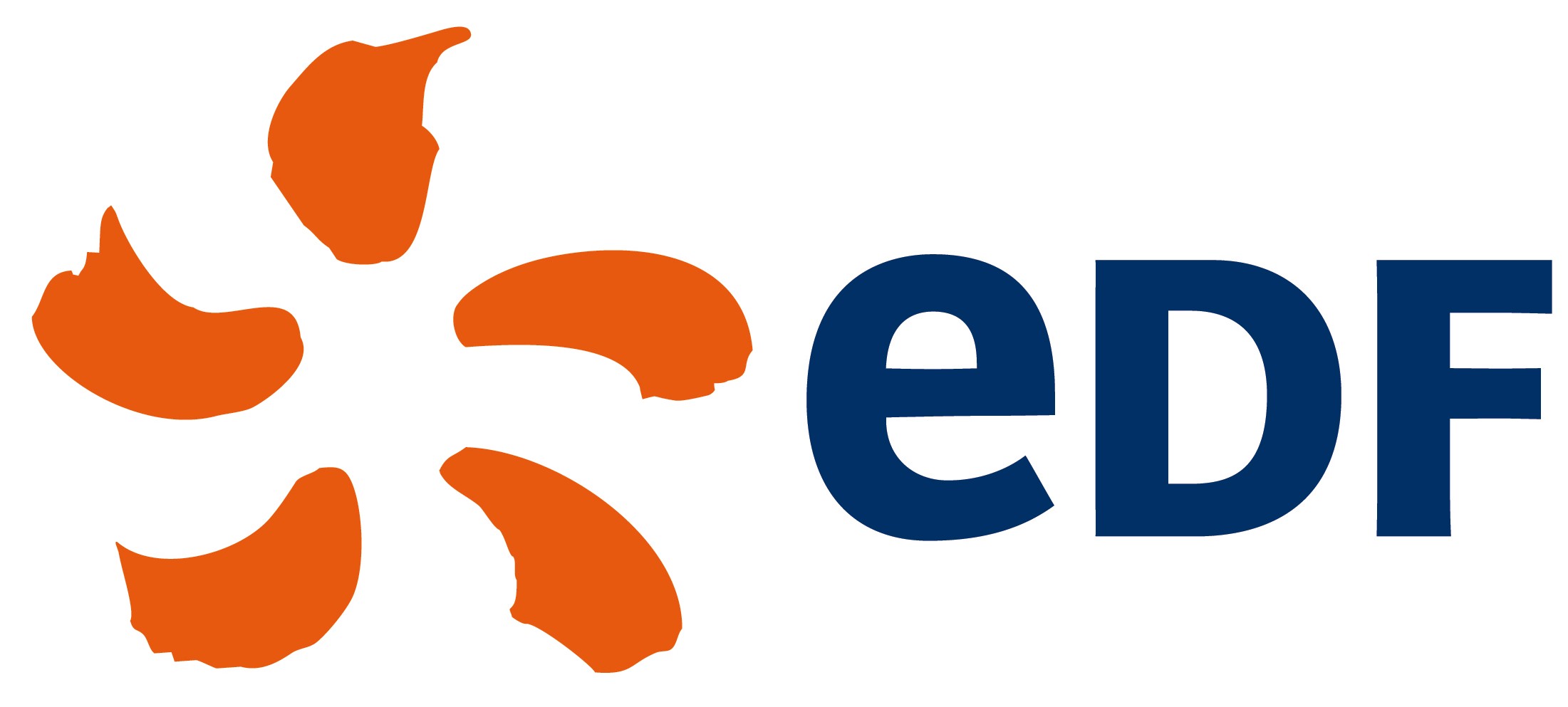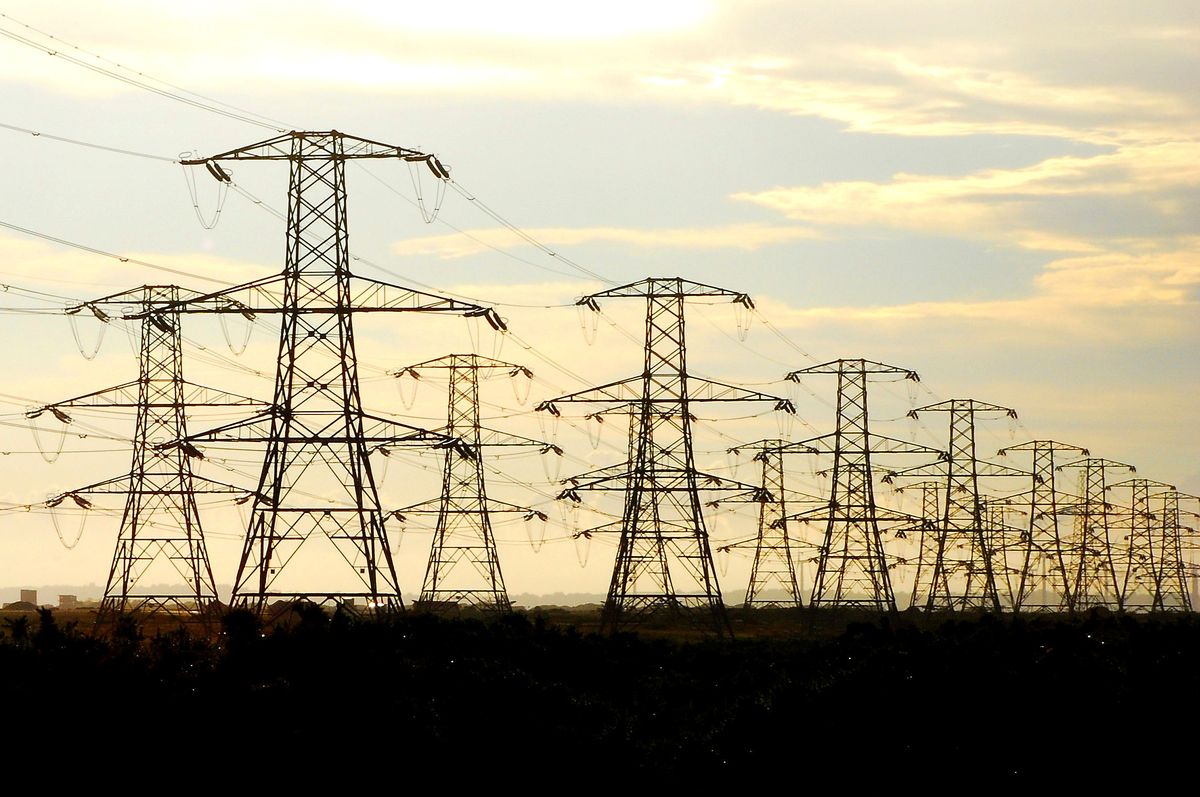
About
The debate over the new 2030 EU climate and energy targets has again turned the spotlight on the trade-off between competitiveness and climate change. A growing number of voices warn that EU climate policies, particularly renewable energy subsidies, are pushing up energy bills and distorting the internal energy market. Those in favour of green energy are equally adamant that further support for renewables is crucial to decarbonise the European economy and to improve security of supply, and that investment in clean technologies can become a driver of economic competitiveness. On the other hand, while there are no official figures on the levels of energy state aid in Europe, some estimates suggest that fossil fuels and nuclear power plant construction benefit or have benefited from public support in addition to renewables. Are calls to end green subsidies justified? The need for incentives that would end Europe’s present investment standstill in new power stations and secure energy supplies in light of the Ukraine crisis is clear, but what sort of political breakthrough does that demand? Are all forms of energy state aid harmful and which public support should have been scrapped long ago? What is the real impact of energy subsidies on energy costs, competitiveness and climate objectives? Should Brussels be holding some EU governments to public account for pursuing “beggar thy neighbor” subsidisation policies? How can we review national support schemes to make them more efficient, smart and harmonised? And are the European Commission’s new Guidelines on State aid a move in the right direction or a setback for the expansion of clean energy technologies?
Schedule
Speakers
Sebastien Godinot
Economist at the World Wide Fund for Nature (WWF)
Gert Jan Koopman
European Commission Director-General for Enlargement and Eastern Neighbourhood (DG NEAR)
Michel Matheu
Head of EU Strategy at Electricité de France (EDF)
Mechthild Wörsdörfer
European Commission Deputy Director-General for Energy (DG ENER)
Moderator
Giles Merritt
Founder of Friends of Europe
Speakers
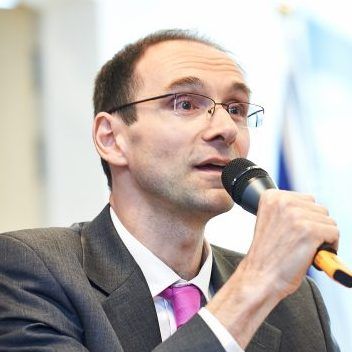
Economist at the World Wide Fund for Nature (WWF)
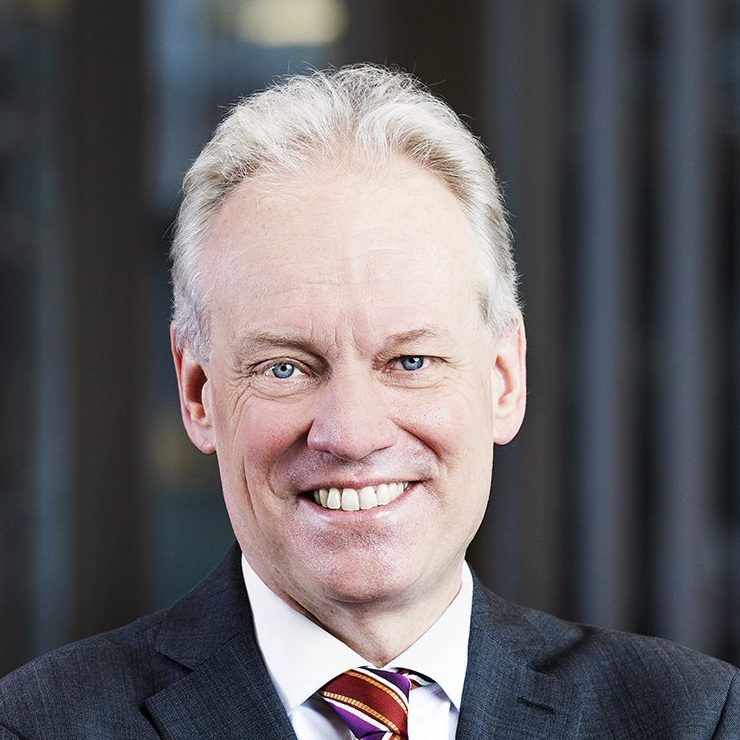
European Commission Director-General for Enlargement and Eastern Neighbourhood (DG NEAR)
Gert Jan Koopman is the Director-General for Enlargement and Eastern Neighbourhood. Prior to this, he served as the director-general of the European Commission’s budget department. In this role, he contributed to putting in place the European Union’s €800bn NextGenerationEU recovery plan, as well as the €18bn MFA+ for Ukraine. He has worked to enable its financing on the capital markets through a sovereign-style funding system. Having served the EU for nearly three decades, Koopman was previously in charge of state aid control at the Commission’s Directorate-General for Competition. His earlier assignments included senior management posts in the department for economic and financial affairs, the Commission’s economic service, as well as enterprise and industry, which supervises the smooth running of the single market.

Head of EU Strategy at Electricité de France (EDF)

European Commission Deputy Director-General for Energy (DG ENER)
Mechthild Wörsdörfer is Deputy Director-General at the European Commission’s DG Energy, where she is in charge of the coordination of the just and green energy transition. This includes steering the work on REPowerEU, accelerating the deployment of renewables and energy efficiency measures and ensuring the EU’s security of supply. Wörsdörfer is also responsible for the relations with the Energy Community, and steers the bilateral relations with Ukraine, Moldova, Switzerland and the United Kingdom. Prior to this, Wörsdörfer was the director responsible for sustainability, technology and outlooks at the International Energy Agency (IEA); and held various roles at DG Energy, including director in charge of renewables, research and innovation, energy efficiency; and director for energy policy, international relations, legal aspects and economic analysis. Previously, she was head of Unit on the 2030 Energy and Climate Framework and served in the Cabinet of Erkki Liikanen, former European commissioner for Enterprise Policy and Information Society.
Partners
Coorganized with
Activities
Climate and Energy Summit 2025
Next event In person & livestreamed

- Area of Expertise
- Climate, Energy & Natural Resources
European Oceans Pact: is maritime transport on board?
Past event In person & livestreamed

- Area of Expertise
- Climate, Energy & Natural Resources
Staying the course: driving sustainability forward in a shifting…
Past event In person & livestreamed

- Area of Expertise
- Climate, Energy & Natural Resources
Navigating risks and enhancing resilience: charting Europe’s energy and…
Past event In person & Livestreamed

- Area of Expertise
- Climate, Energy & Natural Resources
Adaptation without mitigation is nonsense
- Category
- #CriticalThinking
- Author
- By Heïdi Sevestre
Policy Voices | Overcoming Polarisation: can communities shape the green…
- Category
- Podcast
- Area of Expertise
- Climate, Energy & Natural Resources
Energy prices coming down – is Europe on the right track?
- Category
- #CriticalThinking
- Author
- By Andris Piebalgs
Europe’s blackouts call for a NATO-level response
- Category
- #CriticalThinking
- Author
- By Maurizio Geri
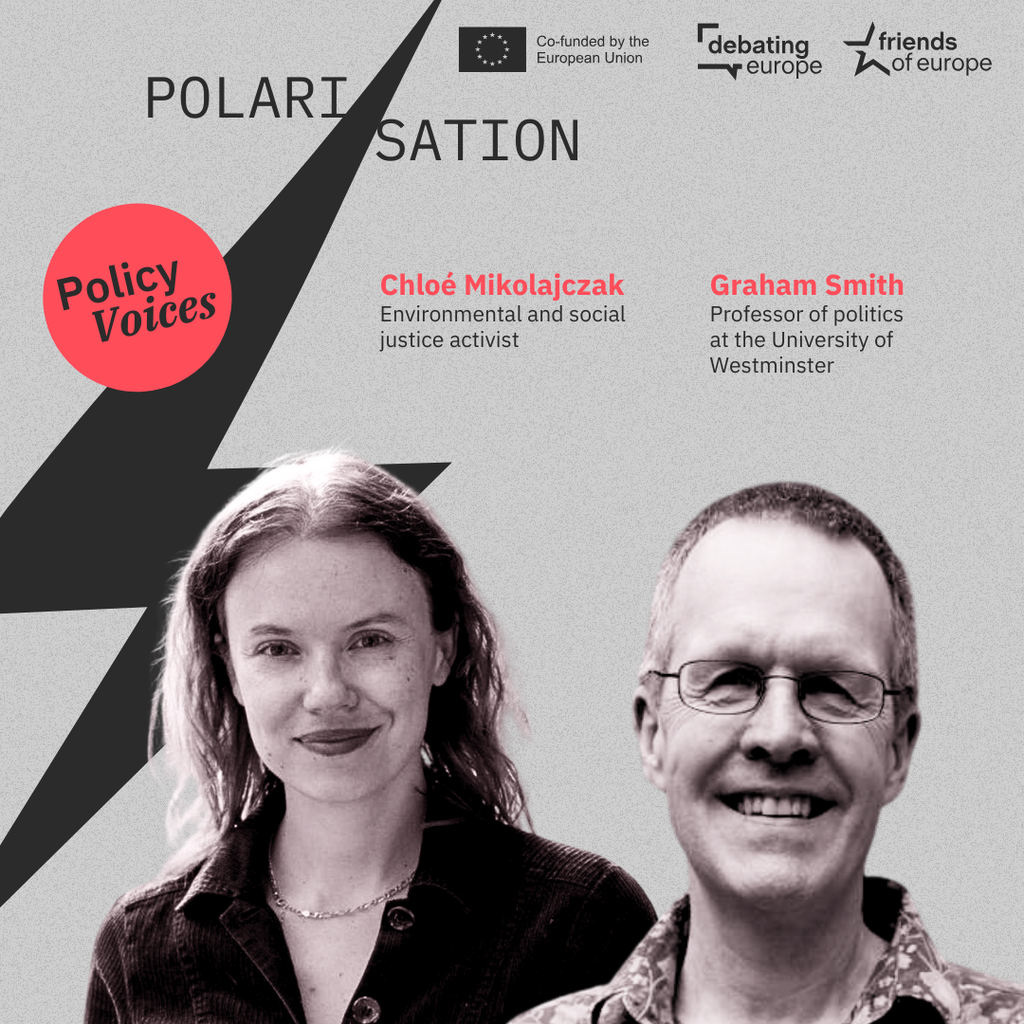
- Area of Expertise
- Climate, Energy & Natural Resources

- Area of Expertise
- Climate, Energy & Natural Resources

- Area of Expertise
- Climate, Energy & Natural Resources

- Area of Expertise
- Climate, Energy & Natural Resources
Continue
the debate on
- Debating Europe
